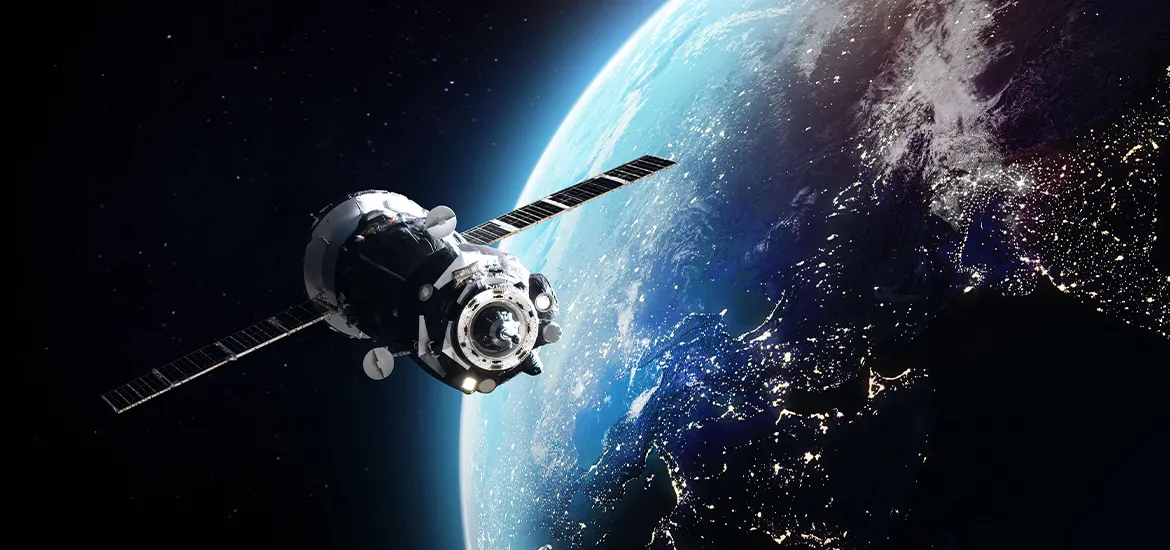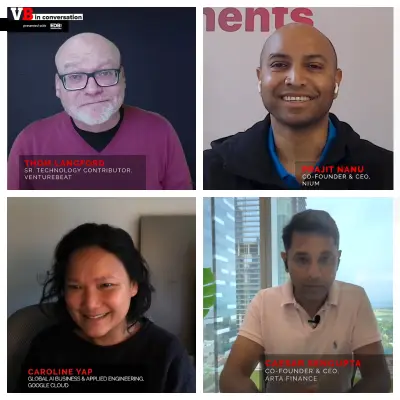Singaporean space-related companies are boosting their global presence, developing quantum and semiconductor technologies for satellites by leveraging government support and the research capabilities of world-class universities.
A communications satellite equipped with quantum cryptography technology from a Singaporean company is to launch in 2025, making the city-state the first country other than China to use it on satellites.
The equipment was developed by venture company SpeQtral, which aims to establish a system that enables the transfer of encryption keys for confidential information in such fields as security and finance from one country to another without passing through third nations.
SpeQtral, founded in 2017 by researchers from the Centre for Quantum Technologies at the National University of Singapore (NUS), has attracted attention for its quantum key distribution encryption technology.
Singapore is one step ahead of the rest of the world in quantum technology, said Robert Bedington, SpeQtral’s chief technology officer. The company, in collaboration with a subsidiary of Japanese industrial group Toshiba, is developing a client base that includes government agencies and businesses.








